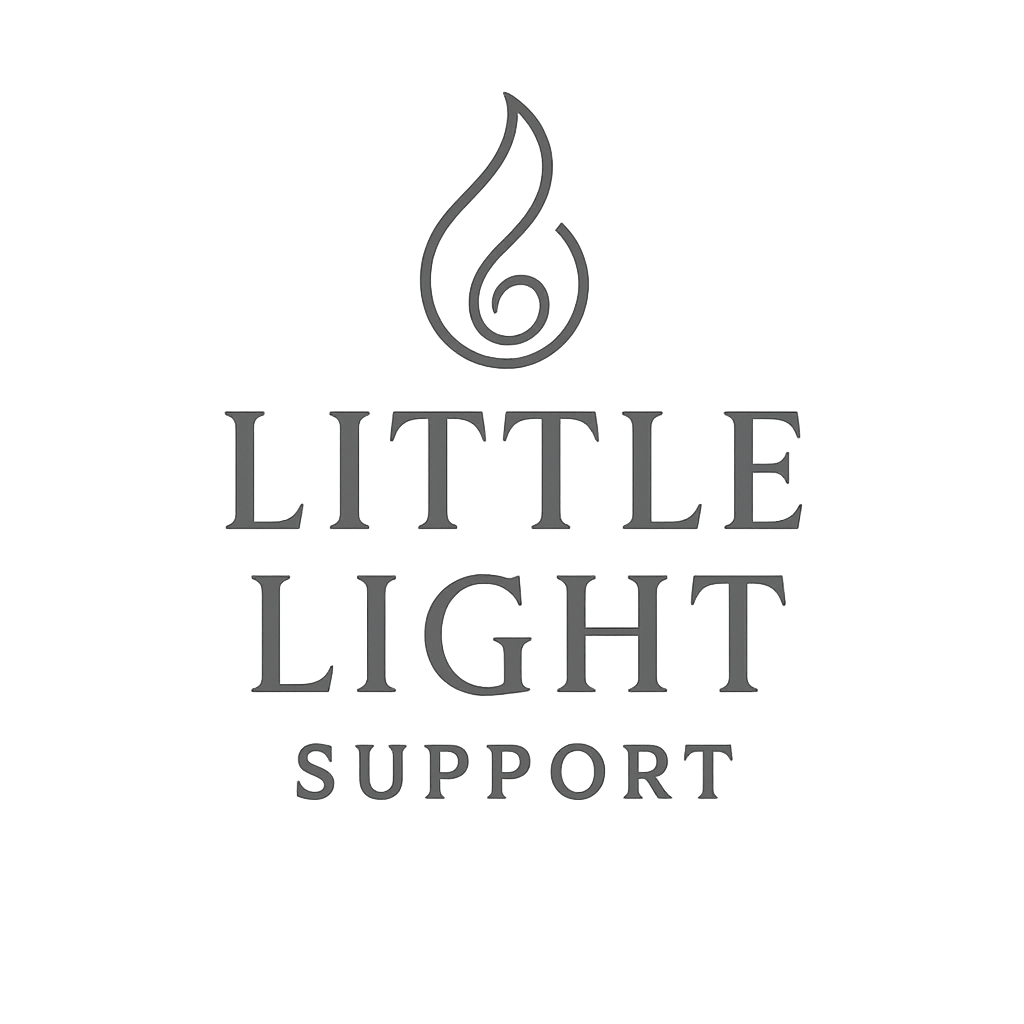Speaking up and not being heard
🎙️ Speaking out and not being heard
I was reflecting on one of the most common themes that underpins the birth experience for the majority of parents that I meet. Parents usually find me because they have, for whatever reason, not had their needs met during birth, or things have gone vastly differently to expectations. During my midwifery career I have investigated many different maternity serious incidents and worked with hundreds of families to get them the answers they deserve. It struck me years ago that sometimes, a family would have the most catastrophic experience in labour and obviously they would be very sad but they sometimes weren’t anywhere near as traumatised as another family whose experience, on paper at least, looked a lot ‘better’.
I realised that the difference is almost always this:
Behind the clinical notes and discharge summaries lies a deeper truth: how someone feels during labour can shape their entire experience of birth. And one of the most overlooked yet powerful contributors to birth trauma is this— feeling unheard.
🤱 Birth Is Not Just Physical — It’s Profoundly Emotional
Labour is one of the most vulnerable, intense, and transformative moments in a person’s life. It’s not just a medical event; it’s a deeply personal and social rite of passage. When someone enters that space, they bring with them hopes, fears, preferences, and a need for safety — not just physical safety, but emotional safety too.
When those needs are dismissed, ignored, or overridden, it can leave lasting emotional scars. Even if the birth was “textbook,” the person may walk away feeling powerless, invisible, or violated.
We all know the frustration of having some problem with our broadband, our car insurance, or trying to reschedule an NHS appointment. Calling multiple numbers, having emails ignored… if you cannot be heard or understood it is the most intensely frustrating experience. Imagine this feeling but also being in pain, fearful for your baby and not being able to get your emotional needs met. Using your best voice to advocate for yourself but the support just isn’t there.
🗣️ The Power of Being Heard
Being heard isn’t just about having your birth plan followed to the letter. It’s about being acknowledged. It’s about having your voice matter in the room. Its having confidence in your birth professional. Feeling like they ‘get you’ and they really ‘have your back’. Whether it’s asking for pain relief, requesting a moment to breathe before a procedure, or simply expressing fear — these moments deserve attention and respect. Emergencies can and do happen but having an underlying current of trust in the person that is caring for you to hold your hand and take time afterwards to explain what happened and why can make all the difference.
When care providers listen, validate, and respond with empathy, it builds trust. It helps the birthing person feel safe, seen, and supported. And that can make all the difference — not just in the moment, but in how they remember and process their birth for years to come.
💔 When Listening Is Missing
Sadly, many people report feeling dismissed during labour. They were told to “calm down,” “trust the process,” or “we just want a safe outcome for your baby.” (as if this might not be what the parents also want!). Their instincts were questioned, and eyes were rolled. Their requests were brushed aside. And in some cases, decisions were made about their bodies without their full understanding or consent.
This lack of agency can be profoundly damaging. It can lead to birth trauma, anxiety, depression, and even PTSD — all while the medical records show a “successful” delivery.
🌱 Healing Starts With Listening
Change is possible. It starts with recognizing that emotional care is not a luxury — it’s a necessity. Listening, validating, and involving the birthing person in every step of the process isn’t just kind; it’s clinically important. Michel Odent described oxytocin, the hormone responsible for an effective, progressing labour and for falling in love as ‘shy’. It can’t come out when the lights are harsh, when the atmosphere isn’t one of trust and safety.
For birth partners, midwives, doctors, and doulas — the invitation is clear: slow down, tune in, and make space for the voice that matters most in the room.
Because when someone feels heard in labour, they’re more likely to feel empowered, resilient, and whole — no matter how the birth unfolds.
